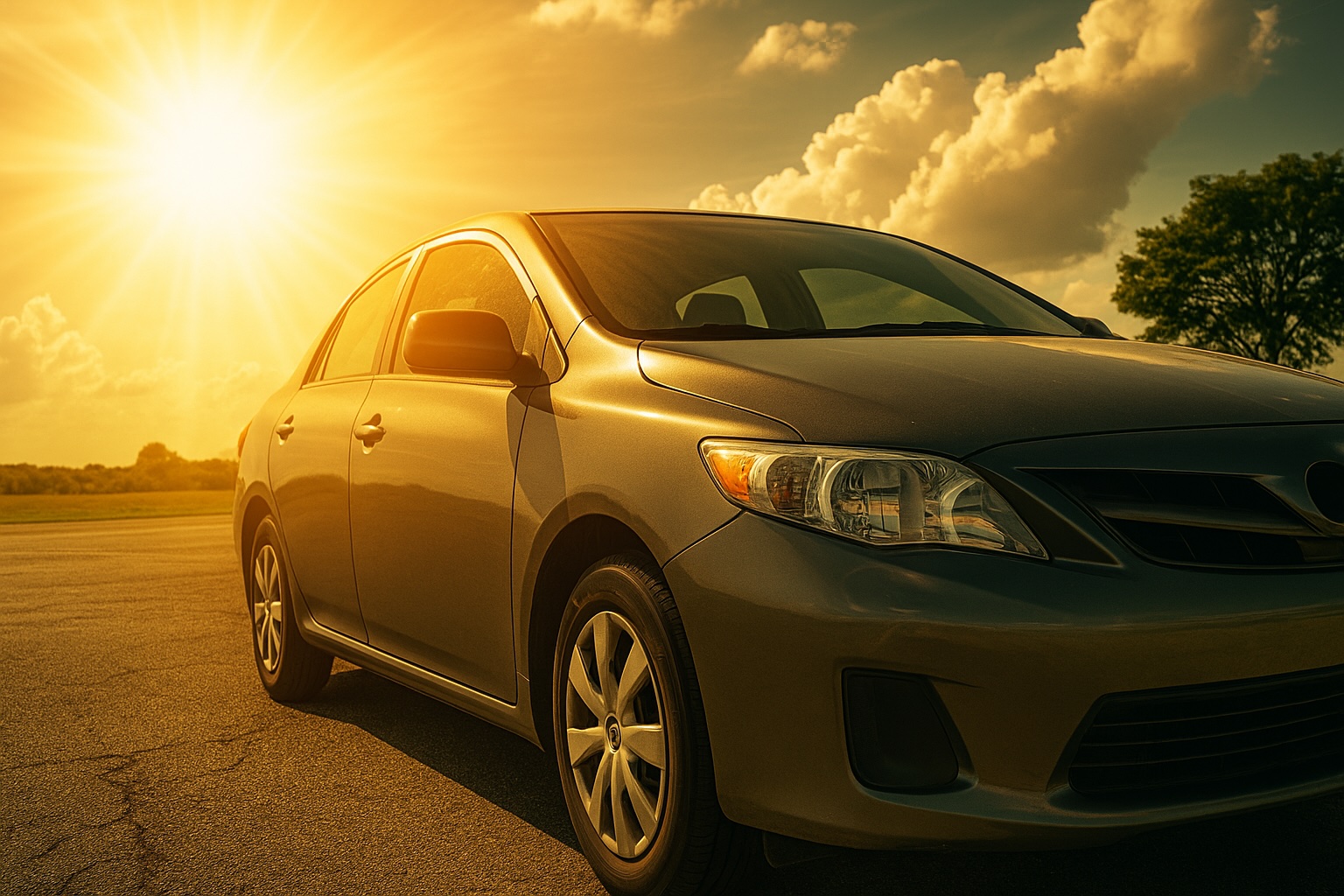Summer in Tennessee brings long days, road trips, and sunshine—but it also brings dangerous heat, vehicle breakdowns, and health risks that drivers often overlook. Whether you’re commuting around Nashville or taking a long drive with the family, it’s important to stay aware of how hot weather affects both your vehicle and your body.
In this Summer Smart series post, we’ll cover how to prevent common heat-related driving issues and protect yourself and your passengers during Tennessee’s hottest months.
Heat and Your Vehicle: What Can Go Wrong?
High temperatures can take a real toll on your car, especially during stop-and-go traffic or long-distance travel.
Most common hot weather car problems:
- Overheating engines
- Dead or weakened batteries
- Tire blowouts from under-inflation or worn tread
- AC system failure, especially in older vehicles
- Brake fade due to heat and overuse
To prevent a breakdown, check:
- Coolant levels and radiator hoses
- Battery terminals for corrosion
- Tire pressure and tread depth (hot air expands tires, so monitor PSI closely)
- Oil and fluid levels
- Air conditioning performance—weak airflow could signal a refrigerant issue
If your check engine light comes on or your car begins to overheat, pull over immediately and turn off the engine. Driving even a short distance with an overheated engine can cause serious (and expensive) damage.
What to Do If You Break Down in the Heat
A breakdown on a summer day—especially on the highway—can be more than inconvenient. It can be dangerous.
Here’s what to do if your car fails in hot weather:
- Pull off the road safely, away from traffic
- Turn on hazard lights and stay in the shade if possible
- Call for roadside assistance right away
- Avoid sitting inside the vehicle without AC
- Keep windows slightly cracked for ventilation if you must wait
- Stay hydrated and avoid overexertion while waiting
If you’re in a remote area or feel unsafe, call *THP (*847) to reach the Tennessee Highway Patrol.
Heatstroke, Dehydration, and In-Car Dangers
Extreme heat isn’t just hard on cars—it’s hard on people, too.
Symptoms of heat exhaustion:
- Dizziness or lightheadedness
- Nausea
- Rapid heartbeat
- Headache
- Muscle cramps
If untreated, heat exhaustion can turn into heatstroke, which is life-threatening.
Keep extra water in the car during summer months and check everyone in your group—especially children, seniors, and pets—for signs of overheating.
Never leave a child or pet in a parked car—even with the windows cracked. Interior temps can rise over 100°F in just minutes.
Bonus: Car Fires and Summer Heat
Hot engines, faulty batteries, or even discarded cigarettes can ignite car fires—especially in summer.
Prevent car fires by:
- Fixing any fuel or oil leaks
- Not storing pressurized cans (like aerosols or lighters) in the car
- Keeping emergency items like a small fire extinguisher or fire blanket in your trunk
Before You Drive: Summer Safety Checklist
Quick vehicle safety check before any long drive:
- ✅ Check coolant and oil levels
- ✅ Test AC and fans
- ✅ Inspect tire pressure and tread
- ✅ Pack an emergency kit with water, jumper cables, and a flashlight
- ✅ Keep sunscreen and snacks on hand for delays
If Something Goes Wrong, We’re Here to Help
A car accident or heat-related breakdown can quickly escalate into a legal or medical emergency. At Stillman & Friedland, we’re here to help Tennessee drivers recover and move forward.
From personal injury claims to insurance disputes after a breakdown or crash, we’ve got your back.
Call 615-244-2111 or contact us online for a free consultation.
Because we care…
Stillman and Friedland







